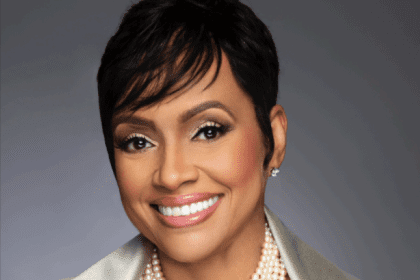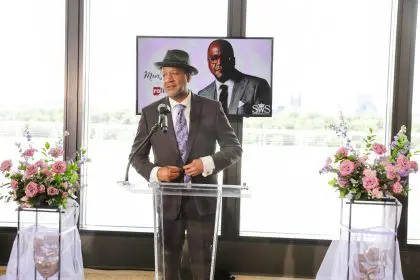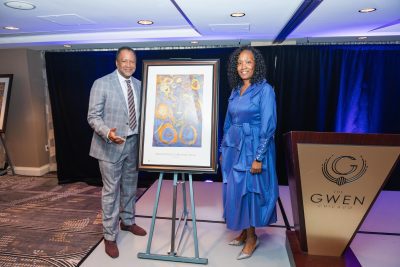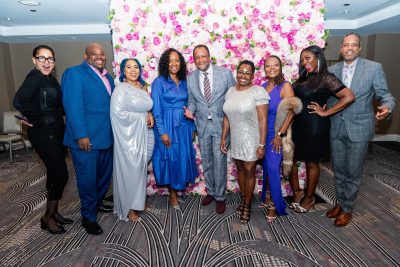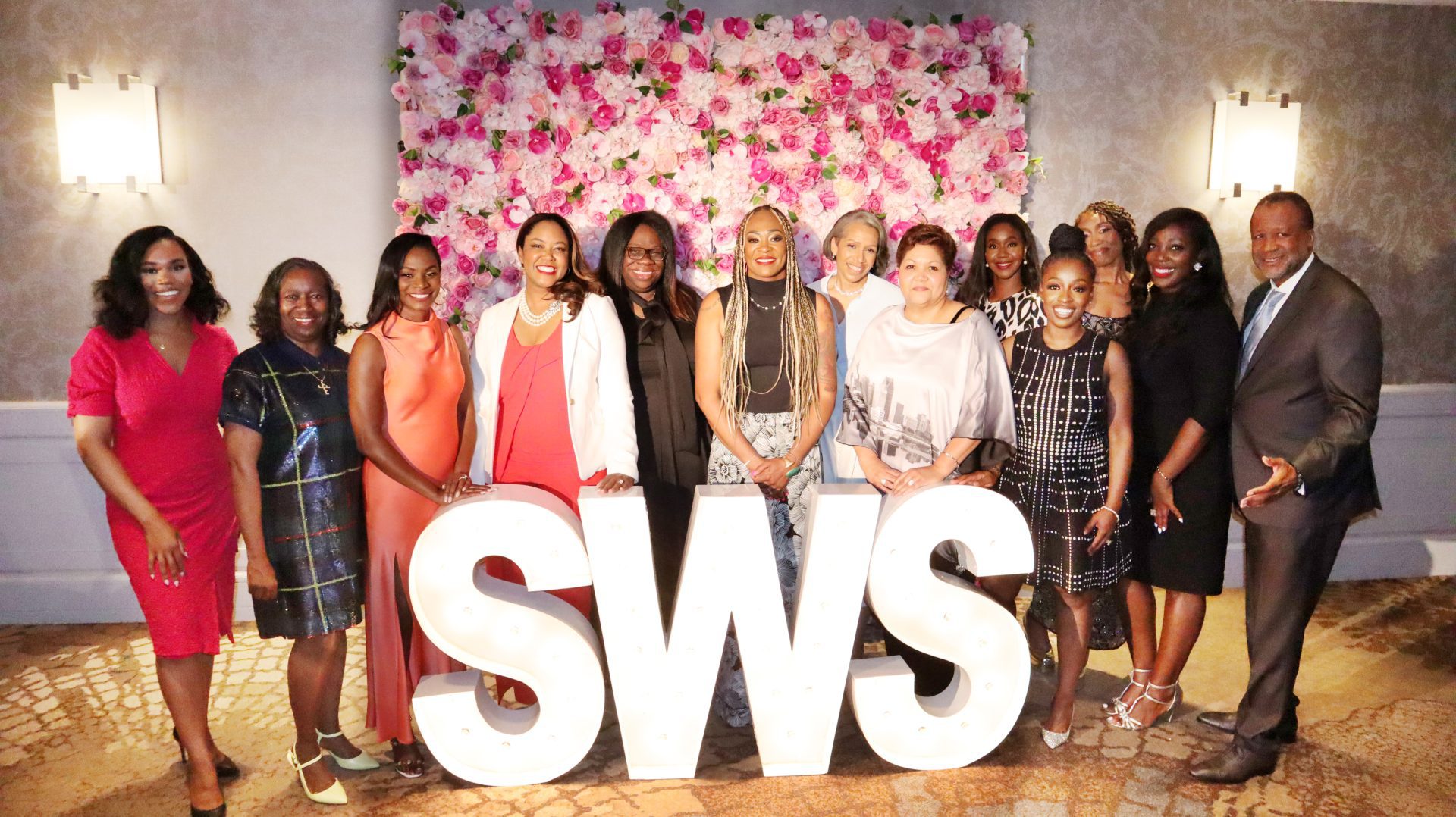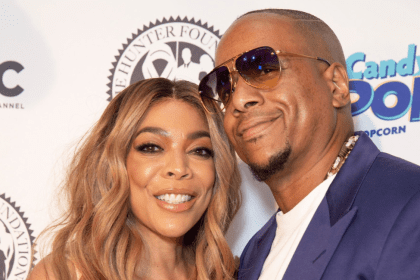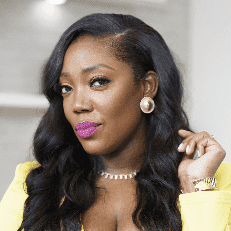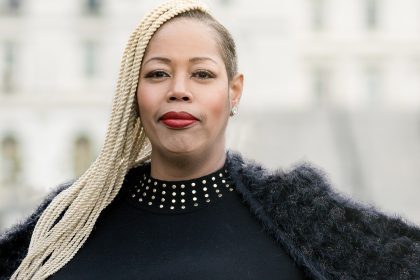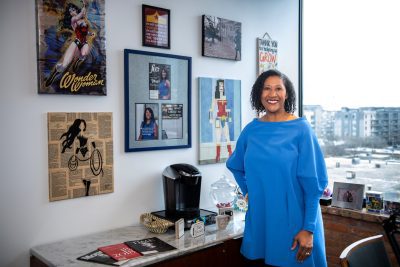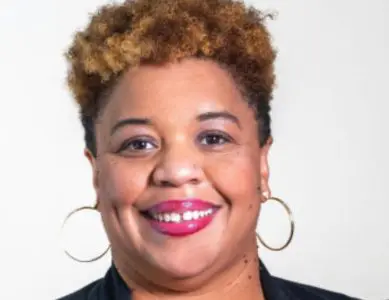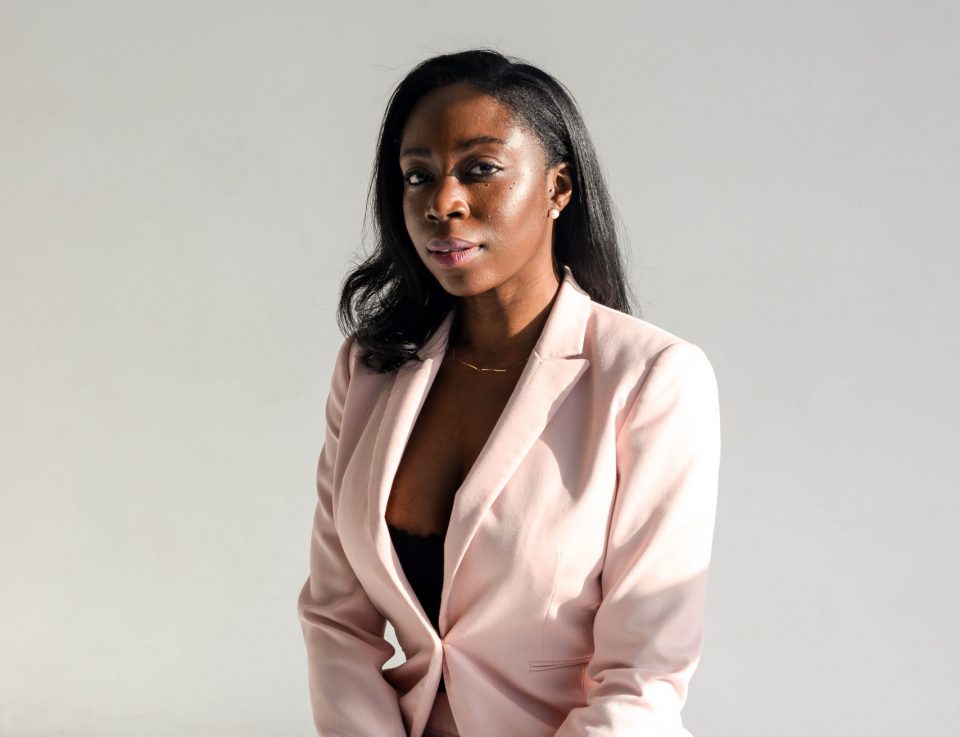
Julie M. Wenah is a Nigerian-American lawyer, executive, filmmaker, and board member from Houston. She’s a global civil rights, privacy, and product inclusion lawyer who has successfully led teams and launched products, policies, and legislation focusing on equitable and scalable solutions for domestic and international markets.
Wenah recently joined the Facebook team where she serves as associate general counsel for civil rights. In Wenah’s previous role at Airbnb, she led efforts to increase transparency into how the company handled discrimination allegations. In Wenah’s new role at Facebook, she focuses on the product development process that they’re building for billions of people around the world. Her area of responsibility includes examining how Facebook applies the civil rights lens when thinking about protective classes, from race, to gender identity, to color, to religion, to ability, and supporting efforts in building products with an inclusive lens in their product development process. When asked about her current role, Wenah stated, “I’m laser focused on our products and how our product teams work, what their goals are, and what their roadmaps are, so that our civil rights team can support them as part of their development process.”
Rolling out‘s CEO, Munson Steed, had a chance to sit down with Wenah to discuss her new role at Facebook, the huge responsibility that weighs on her and much more during their “Seat at The Table” conversation. See below for an excerpt of that discussion.
What does it feel like as a young woman making decisions, knowing that our entire race and other categories of humans, transgenders, handicapped brothers and sisters, are all hoping that someone like you is looking out for us on the development of new technology. How much pressure do you feel?
Heavy is the head that wears the crown. It does feel heavy, but I know for such a time as this, that I must be equipped. I must have the tools and the wherewithal. I will never present myself as someone who knows it all. The moment someone knows and gives it all, I would imagine God would call them to glory. But I know I can bring all the right people to the table. I know I can look around a table and ask myself, “who’s not here” and “how do we make sure their voices are valued and included.” I know what it is to be a Black, dark-skinned woman with immigrant parents, so I can speak to my experiences in this race, in my skin color and to my gender. I can even partially speak to my parent’s experiences as immigrants having watched them navigate being othered or labeled for their national origin. But I can’t speak to being a Black transgender woman as a Black cisgender woman. So, the question becomes, how do I make sure the Black transgender woman is at the table so that she’s able to give input into how a product, process, or policy is developed?
I feel an immense amount of gratitude to be in a position like this. It feels heavy, but I know that God has equipped me to do it, so I’m going to lean into it and be responsible with the assignment.
Continue reading on the next page to watch Wenah and Steed discuss a potential future commencement speech at her alma mater, Texas Southern University.

